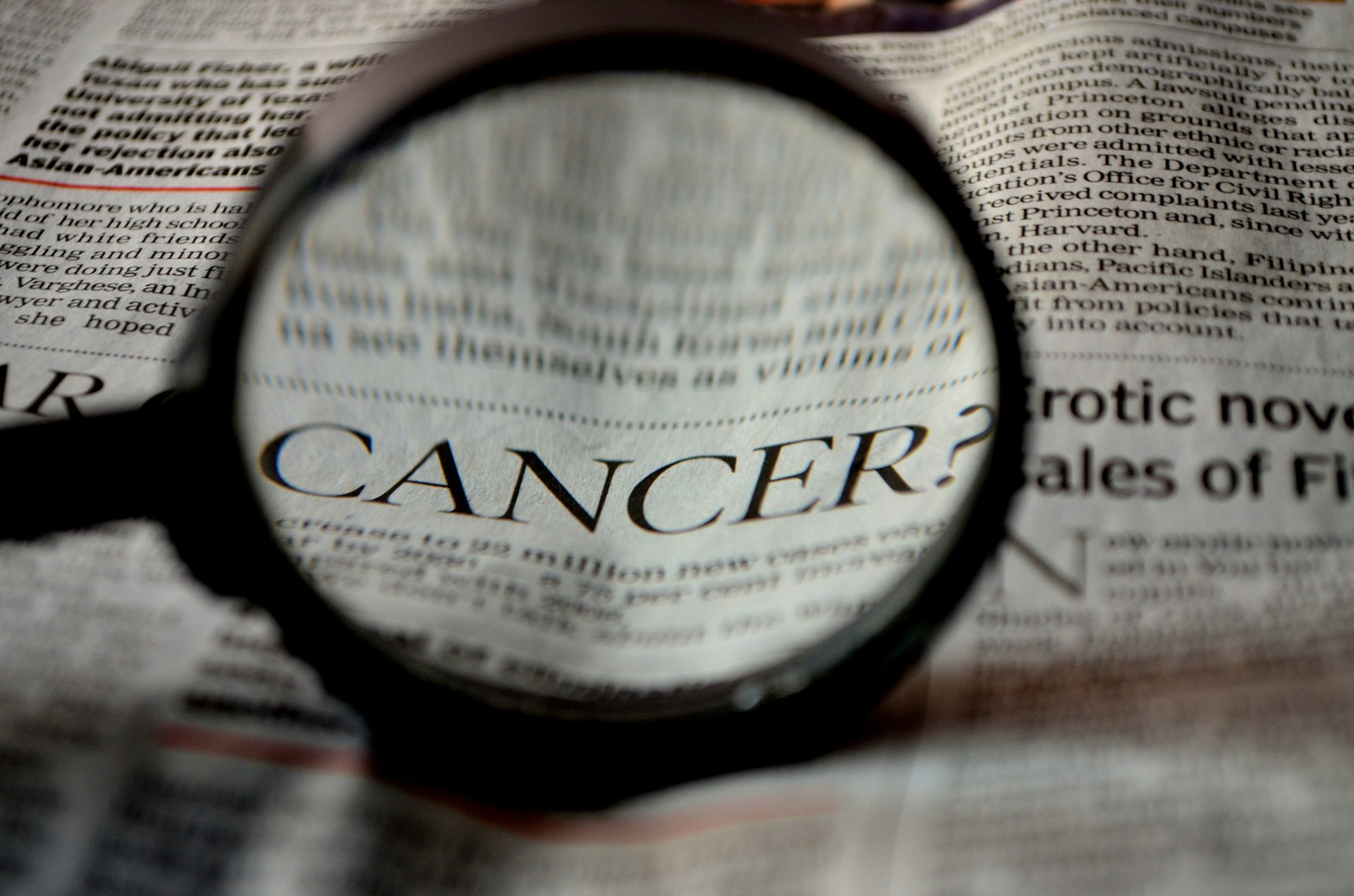Human papillomavirus (HPV) is thought to be responsible for more than 90% of anal and cervical cancers. Cancers of the head and neck were previously primarily caused by smoking and alcohol but newer studies are showing that as much as 70% of these may be linked to HPV. This is rapidly becoming a major issue, so much that big pharma became involved with the HPV vaccines.
There are many different strains. Types 6 and 11 typically cause 90% of genital warts but can also cause some nose and mouth issues. There are over a dozen high risk HPV strains but types 16 and 18 are responsible for about 70% of most HPV related cancers.
HPV is a sexually transmitted disease and there are approximately 14 million new HPV infections each year. CDC is estimating that roughly 80-90% of men and women will be infected with HPV at some point in their lives and 50% of these will be of the high risk variety. HPV is typically a self-limiting virus that resolves on its own within a few years, until it doesn’t. HPV may take 10-30 years after initial infection to form a cancer. Even with HPV infection less than 50% actually progress to cancer.
There are three vaccines available to help prevent HPV, Gardasil, Gardasil 9 and Cervarix. It is recommended to get them before becoming sexually active for best results and therefore given at a young age. Going into the safety of these vaccines is not the point of this newsletter but please be aware that some serious side-effects have been reported.
There are several HPV tests available on the market that test for some of the high risk strains in women, only. There are no FDA approved tests to detect HPV in a man.
In the traditional world, there are no medical treatments for persistent HPV. It is often a watch and wait type of journey. If the cervix is involved and the HPV persists several procedures may be used including freezing the area, a LEEP or cone removal of affected tissue.
I was reminded this week of an incredible young lady who was told that if the HPV did not resolve they were going to have to do a procedure that would make it impossible for her to have children. She had been battling it for quite a while so they were at their last straw before having to do something major and she was only in her early 20’s. We worked on her immune system, boosted her D level and worked on decreasing her inflammation and the next visit to her ob/gyn her HPV had basically resolved to the point they didn’t need to operate and it eventually resolved. She now has two children and is doing great. Thank goodness she was proactive and had decided the watch and wait game wasn’t working for her. I would recommend the very first time you are told you have HPV, you get on a good program and don’t take the watch and wait to chance. This is the best time to do as much as we can to help tip the balance in your favor if you are positive for HPV.
Here are some tips on how to be proactive:
- Stop the birth control pill (especially if it is vaginal one)
- Boost your immune system – mushrooms, vitamin C supplements are easy to find. There are many immune boosters out there.
- Decrease inflammation – curcumin is especially good for this and I not only recommend using this orally but you can compound it vaginally too (for cervical infections). There is a really nice study evaluating vaginal curcumin for HPV so do both!
- Boost your vitamin D level – you want your level to be close to 80 so take an adequate amount of D3 (not D2) to achieve this.
- For oral cancers
- Stop smoking
- Improve your dental hygiene
Personally, I think all young men and women should make sure their vitamin D levels are optimal because just this alone may help the HPV virus from taking hold at all.
I hope we will have some ways to test men soon! In the meantime, stay proactive!
Laura









